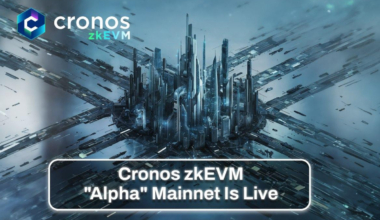In a recent development, an Indian minister, Rajeev Chandrasekhar, announced that cryptocurrency transactions are fine as long as they follow existing laws.
This statement is in stark contrast to the Reserve Bank of India’s (RBI) ban on crypto in 2018 and its ongoing reluctance to fully open up to the sector, despite the Supreme Court’s ruling in 2022 that the RBI’s ban was illegal.
The Indian government will present its annual budget for the upcoming fiscal year on February 1, and local crypto exchanges and investors are expecting relief from the unfriendly regulatory environment they have faced, including high taxes and denial of banking services.
CoinDCX’s Co-Founder and CEO, Sumit Gupta, has suggested that the rate of TDS (Tax Deducted at Source) be brought down to 0.01% to help Indian businesses offer competitive prices to users and protect them from exposure to unregulated foreign exchanges.
In contrast, RBI Governor Shaktikanta Das has described cryptocurrencies as having no underlying value and being a poor cousin of gambling.
However, a recent study by Nasscom suggests that India’s talent pool is driving the global Web3 push and accounts for at least 11% of the workforce in the sector.
Additionally, over 60% of Indian Web3 startups are registered outside of India due to the unfavorable regulatory environment. Available data also suggests that at least 7% of Indians either hold or have made crypto transactions.
One of the biggest pain points in the Indian crypto ecosystem currently is the high tax regime, which includes a 1% transaction tax and a 30% tax on gains made from cryptocurrency transactions.
The government’s reasoning for introducing the 1% crypto transaction tax was to track all such transactions for taxation purposes, however, industry players like Sumit Gupta argue that this can be achieved by levying a lower tax rate.
High taxes and strict regulations have prompted several startups to move out of India to more favorable jurisdictions such as Singapore and Dubai, and it’s expected that the government may relax these regulations in order to “foster innovation” in the blockchain space.
Since their implementation in July through mid-December, Indian tax authorities have collected approximately $7.4 million in crypto transaction taxes.
The low tax collection is another argument in favor of reducing the transaction tax, which is proving to be prohibitive for the industry.



